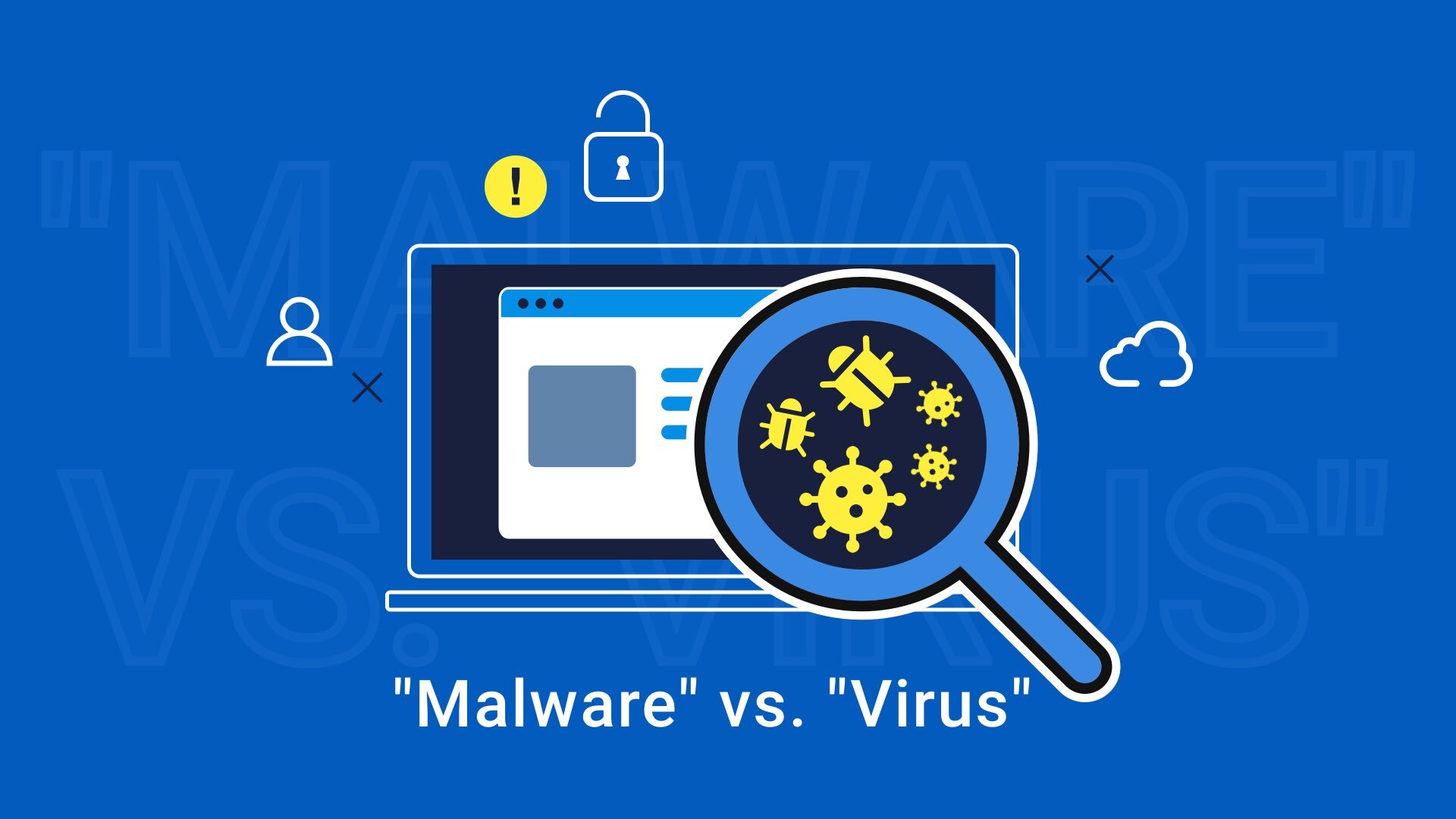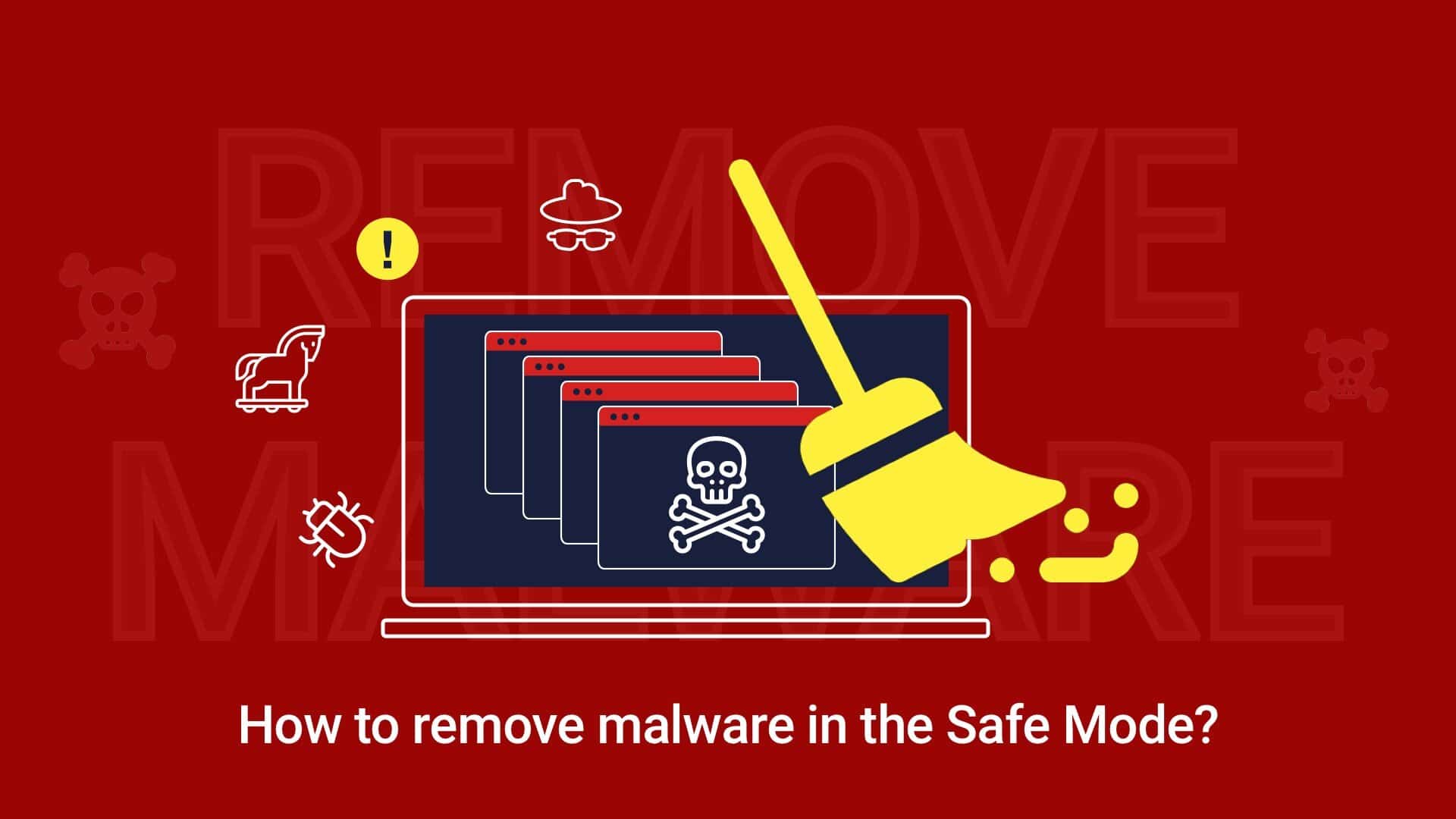Over the last four years, the share of script-based attacks of malware offenses worldwide has grown so drastically that it raised alerts among security specialists and ordinary users. In this post, we shall regard script-based malware, assess its strengths and weaknesses, explain how the attacks happen, and suggest measures to maintain security in your workgroup.… Continue reading Script-based malware. How to stay protected?
Author: Stephanie Adlam
I write about how to make your Internet browsing comfortable and safe. The modern digital world is worth being a part of, and I want to show you how to do it properly.
Magnat campaigns delivering fake installers
Cyber security specialists warn of the Magnat malicious distribution waves targeted at the potential users of some most popular software. Threat actors use the methods of malvertising to successfully distribute their malicious software installer. The work presents itself especially tricky as it predisposes its victims to a high degree of trust and feeling of legitimacy.… Continue reading Magnat campaigns delivering fake installers
Slow PC: Tips to improve PC performance in Windows
Have you been noticing strange decelerations or even freezings in the work of your computer lately? Has it become noisier, as if it struggles, loaded with tasks when you know you gave it none? If this sounds familiar, you need to find a reason for such slow PC trouble. It is unlikely that your PC… Continue reading Slow PC: Tips to improve PC performance in Windows
Malware vs. Virus. Difference explained
The topic of this small post is malware vs. virus conceptual clarification. We remember times when people used to call any harmful program a “virus”. Today this “malware” term popped out! How do these words correlate? People seem to use them freely and arbitrarily. But is such usage correct? Let’s investigate. For those who are… Continue reading Malware vs. Virus. Difference explained
Apache Log4j Vulnerability explained by Google
On December 17th, 2021 in their blog Google Open Source Insights Team explained the whole situation they observed concerning Apache Log4j Vulnerability. They described the widespread vulnerability and current progress in fixing the open source JVM ecosystem. Also Team shared their thoughts on how long it will possibly take for this vulnerability to be fixed… Continue reading Apache Log4j Vulnerability explained by Google
How to Remove a Virus From a Computer in Safe Mode
Most widespread viruses can be removed from your PC without any additional setups. However, some “serious” examples of computer viruses can block the anti-malware software usage or just load the CPU so much that the security tool will fail to start. For that case (and some other actions) Microsoft added the Safe Mode to their… Continue reading How to Remove a Virus From a Computer in Safe Mode
What is Discord virus? Investigating a new online fraud
Discord virus is only the name of a spamming campaign that takes place on this communication platform. The exact type of malware you can get through these tricks may vary in an extensive range. Nonetheless, the fraudsters’ method to fool you cannot be named original. There are two well-distinguishable ways – thick and gentle. A… Continue reading What is Discord virus? Investigating a new online fraud
Dogecoin scam: send credentials and pay $300
Dogecoin scam is just a part of the online fraud which is spreading massively these days. It may have an impact on your wallet, as well as on your private information. Sometimes, the page where the Dogecoin scam takes place may be opened with the help of a virus. This post will uncover all details… Continue reading Dogecoin scam: send credentials and pay $300
Facebook virus: checking the details
Facebook virus is a common (and partially misguiding) name for spam messages in Facebook. These notifications are spread from accounts of your “friends” on Facebook. Don’t misunderstand. They didn’t become spammers – the reasons for such behavior do not depend on them. However, first things first. Let’s figure out all aspects of this old-new online… Continue reading Facebook virus: checking the details
Google membership rewards scam: explaining the details.
Google membership rewards scam is a new popular type of online fraud. This page opens absolutely spontaneously, and says you got a valuable prize. With different techniques, fraudsters force you to share the personal information – name, phone number, email address, et cetera. And, as you can already guess, users get nothing, while cybercriminals get… Continue reading Google membership rewards scam: explaining the details.










